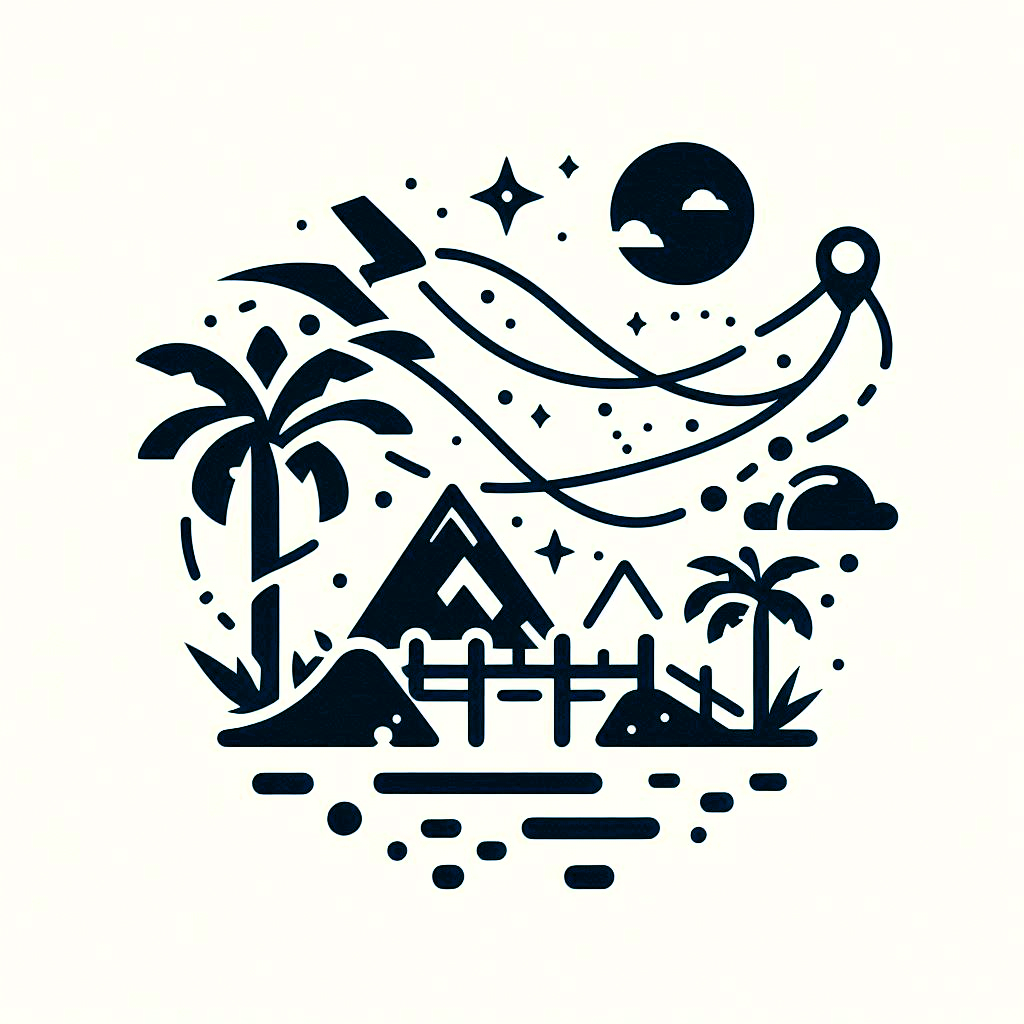Archaeological Circuit of the South (2 Days/1 Night)
1.Special Tourism Transportation
The agency provides private transportation for tourists, ensuring comfort and safety during the trip. This is especially important for touring an area with remote archaeological sites and other tourist activities.
2.Bilingual and Baquian Guides
It offers the accompaniment ofbilingual guides(in Spanish and possibly English) who are deeply familiar with the history, culture and geography of the region. In addition, they includeBaquians, knowledgeable local people who guide through natural terrain, especially on ecological or agricultural trails, and offer an authentic perspective of the environment.
3.Specialized Tours
Tourists can enjoyspecialized toursto archaeological sites, where the history of the pre-Hispanic civilizations that inhabited the area is explained, such asNeivaandPasto, in addition to being able to see and learn about the ruins and artifacts.
4.Ecological and Agro Tourism Trails
The circuit includes activities inecological trails, allowing an immersive experience in nature, with the possibility of seeing native flora and fauna, such as bird watching. You can also touragro-tourist trails, which take you to visit productive farms, where it is possible to interact with local farmers and learn about their practices.
5.Bird Watching
One activity that stands out in the plan is thebirdwatching, taking advantage of the region's biodiversity. Huila is home to a wide variety of bird species, and tourists can observe them in their natural habitat, under the guidance of experts.
6.Adventure Activities
Tourists can enjoyextreme sportsand other activities offling, such asMountaineering cycleandHorseback ridingthrough natural and archaeological landscapes.
7.Lodges
The plan includes accommodation inhotels, tourist inns and nature reserves. This ensures that tourists stay in comfortable and suitable places to rest after a day of activities. Tourist inns offer a more local and authentic atmosphere.
8.Experiential and Cultural Experience
The trip is designed to offer aExperiential experiencein which tourists not only learn about the culture and history of the region, but also interact directly with local communities and participate in traditional activities.
In short, theArchaeological Circuit of Southern HuilaIt is a comprehensive tourist experience that combines learning about archeology, history, local culture and nature, with adventure activities and extreme sports, providing a complete immersion in the southern region of Huila.

